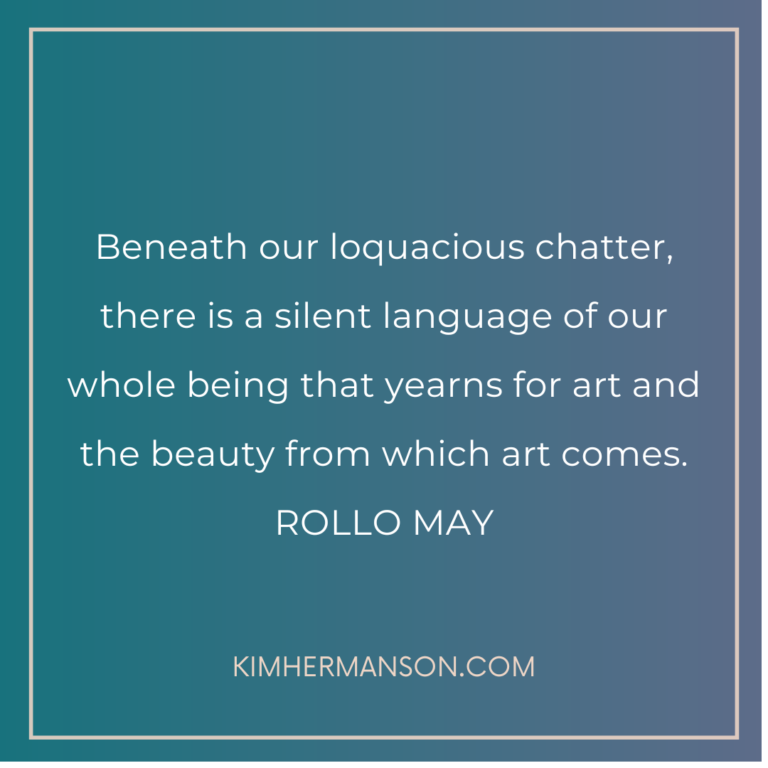The genius of not knowing: Embracing vulnerability to truly learn

Many of us think learning is about acquiring knowledge, but in reality, learning begins with not knowing. To truly learn, we have to let go of what we think we know and step into the unknown.
When we admit we don’t know, we create space for something greater—a deeper wisdom, a larger intelligence—to emerge. Learning is less about control and certainty and more about curiosity and openness.
What Does ‘Not Knowing’ Look Like?
- Being Vulnerable
Set aside the need to control every outcome. Vulnerability not only allows us to be open to new ideas and possibilities but also inspires conversations that wouldn’t otherwise happen. - Sharing Your Authentic Truth
Speak from the heart, even if you’re unsure how it will be received. Authenticity creates connection and fosters genuine learning. - Letting Go of Expectations
Don’t try to force or predict specific outcomes. Learning thrives when we allow the process to unfold naturally. - Trusting the Process
Instead of needing all the answers upfront, trust that the next step will reveal itself in time. - Stepping Aside for Greater Wisdom
Get out of the way and let the larger intelligence at play guide you. This could mean intuition, creativity, or the collective wisdom of a group.
The Role of Vulnerability in Learning
Vulnerability is often seen as a weakness, but in the context of learning, it’s a strength. It’s what allows us to admit we don’t have all the answers and to invite new perspectives into our lives. Vulnerability inspires conversations that wouldn’t otherwise happen, creating opportunities for deeper understanding and connection.
For more about Third Space in teaching, training and coaching environments, check out Getting Messy: A Guide To Taking Risks and Opening the Imagination for Teachers, Trainers, Coaches and Mentors





